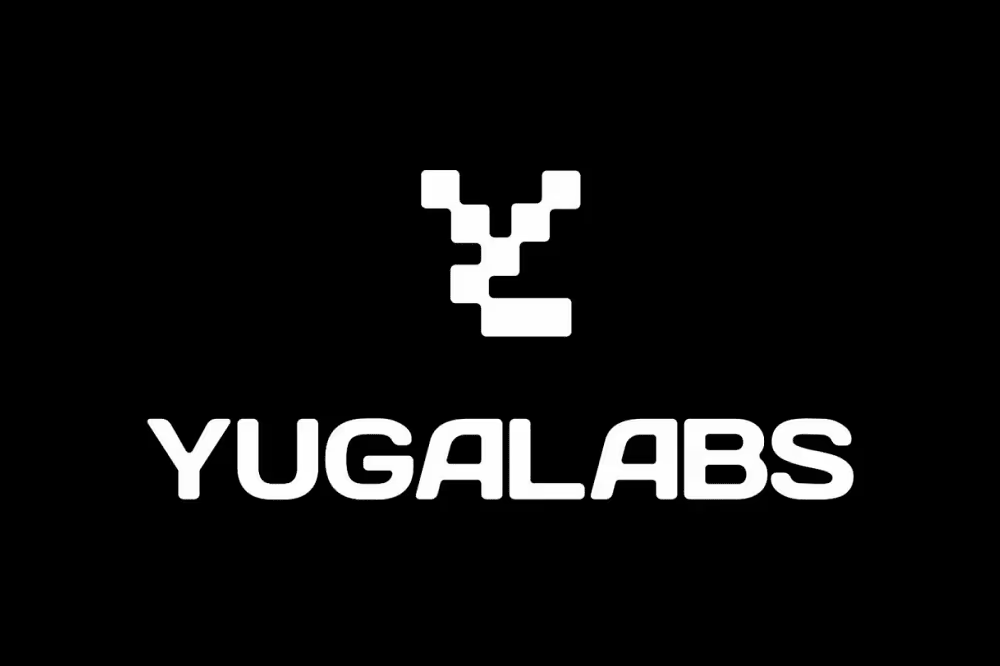As the crypto ecosystem matures, so does its user experience. One of the most transformative innovations in this space is the Ethereum Name Service (ENS)—a decentralized, blockchain-based protocol that replaces confusing wallet addresses with simple, human-readable domain names.
Ethereum Name Service Explained
ENS offers an elegant solution to the long strings of characters typical of Ethereum addresses by converting them into easily memorable domain names like alice.eth. This is the Web3 equivalent of what DNS (Domain Name System) did for the early internet—transforming numeric IP addresses into readable URLs.
Built on Ethereum, ENS improves usability and security by reducing the chances of sending crypto to the wrong address. Instead of copying and pasting a 42-character hexadecimal address, users can now type a short domain name to receive cryptocurrencies, NFTs, or even host websites and smart contract interactions.
ENS is composed of two smart contracts:
- ENS Registry – Records ownership and metadata.
- Resolver – Converts the domain into a crypto address.
Also read: How and Where to Buy Meme Coins in 2025: A Complete Beginner’s Guide
Team Behind ENS
ENS was created by Ethereum Foundation developers Nick Johnson and Alex Van de Sande in 2017. It became an independent project in 2018 under the non-profit True Names Limited. Notable contributors include Khori Whittaker (Executive Director) and advisors like Dan Finlay (MetaMask) and Sergey Nazarov (Chainlink), underscoring ENS’s integration across Web3 infrastructure.
DNS vs ENS: Key Differences
While DNS is the backbone of Web2’s internet naming system, ENS powers decentralized applications and identities in Web3. Both serve the same purpose—translating complex addresses into readable names—but ENS offers greater security, ownership, and censorship resistance due to its decentralized nature.
DNS is typically controlled by centralized authorities like ICANN, while ENS names are user-owned, tokenized, and transferable like NFTs.
ENS DAO and Governance Token
ENS is governed by its community through a Decentralized Autonomous Organization (DAO) powered by the ENS token (ERC-20). Token holders can propose and vote on changes, including updates to the protocol or funding decisions. This ensures the protocol remains community-driven and transparent.
In November 2021, eligible users were airdropped ENS tokens to promote decentralized governance. A major vote on the ENS constitution followed shortly after.
ENS Use Cases in Web3
ENS domains have practical use cases beyond receiving crypto:
- Unified wallet addresses – Receive ETH, BTC, DOGE, and more under one domain.
- Subdomains for teams or brands – e.g.,
teamname.alice.eth. - NFT-style ownership – Trade and transfer domains like collectibles.
- Identity management – Serve as your Web3 username or digital business card.
Browsers like Brave, MetaMask Mobile, and Opera support ENS natively, expanding its usability across decentralized platforms.




